Who is Julian Assange and what is Wikileaks?
- Published
- comments
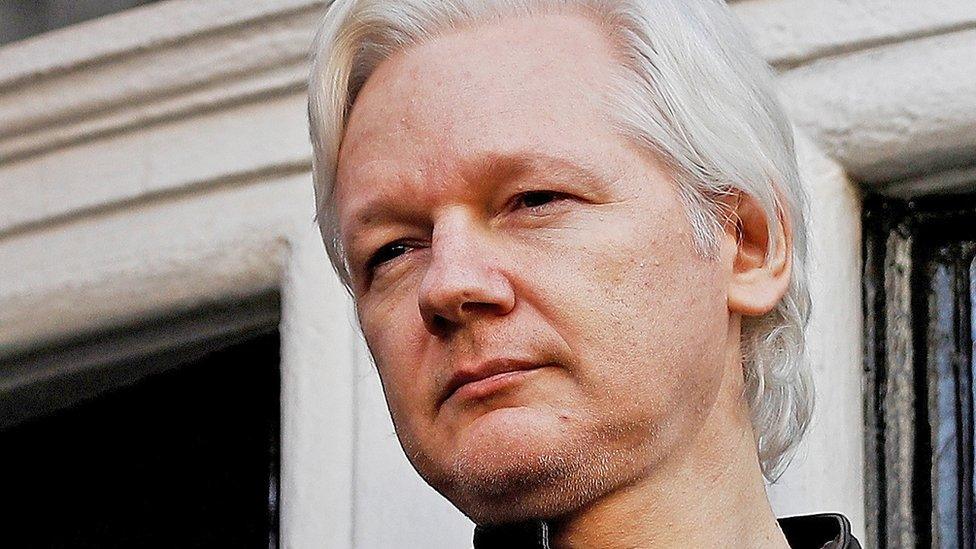
When a man called Julian Assange was arrested in April, it was big news. Now, he's been sent to jail.
Lots of people have different opinions on him, including whether or not he should have been arrested in the first place. Some think of him as a journalist and campaigner, while others describe him as a hacker.
Now, Mr Assange has been jailed for 50 weeks. This follows his arrest by British police on Thursday 11 April in London and being found guilty of breaching bail at Westminster Magistrates' Court.
Bail is where someone is given permission to be released from police custody until the next time they are due to report in. If they do not follow rules they are given, they can get in more trouble.
Read on to find out more about Mr Assange and why everybody is talking about him.
Who is Julian Assange?
Julian Assange is well known for being the founder of a website called Wikileaks, which he started in 2006.
The site is used to publish or 'leak' documents and images from governments and other high-profile organisations which are confidential and wouldn't otherwise be seen by the public.
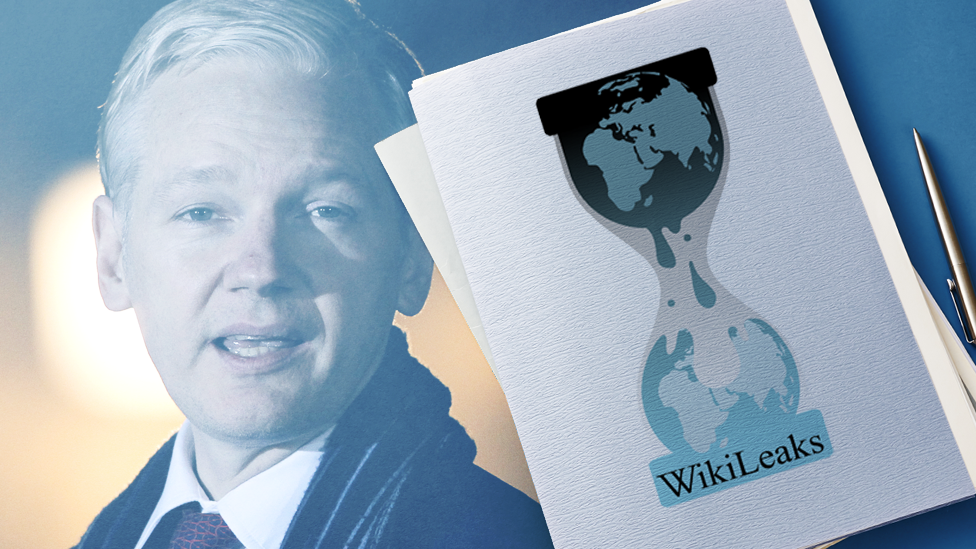
Wikileaks got a lot of attention in 2010 when confidential files from the US were made public, including officially secret US military documents.
Some people said that making the documents public exposed what governments are up to and were an important part of holding the authorities to account.
Others didn't agree, arguing that confidential files are private for a reason and that releasing sensitive information could harm national security,
Why is he in the news now?
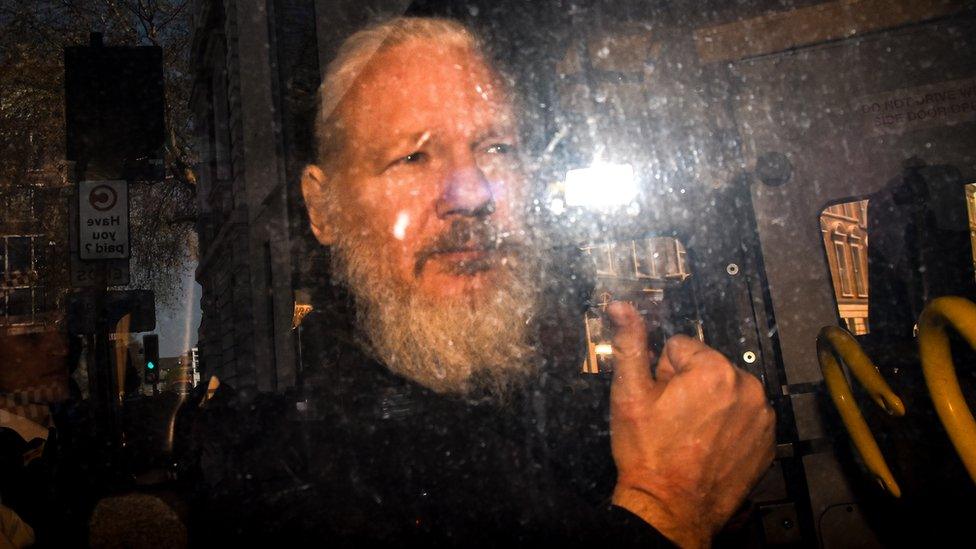
Julian Assange was arrested on Thursday 11 April 2019
In 2010, Julian Assange was held in the UK after Sweden issued an international arrest warrant over an investigation in that country. He was then released on bail.
But then, after a long legal battle, in 2012 he was granted asylum status to live in the Ecuadorean embassy and never handed himself back in. (This is why he was found guilty of breaching bail conditions.)
He lived in this building in London for seven years to avoid being forced to go back to Sweden where he faced allegations of crimes, which he denied. The case has since been dropped.
An embassy is a group of people who represent their country, in a foreign country. It's often used to describe the building where they live too.
The aim of them is to improve relationships between the countries and to also offer a place where people visiting can get support from their home country.
In London, for example, lots of countries including America, Australia, France and Ecuador have embassies.
The UK has embassies in other countries too.
More recently, Assange has argued he couldn't leave the building because he was afraid he would be taken to the US and put on trial for when Wikileaks released secret US documents.
The US government has charged him with allegations of conspiracy to break into a computer, relating to a massive leak of classified US government documents as part of Wikileaks's work.
On 11 April 2019, Ecuadorean President Lenin Moreno tweeted that Mr Assange's asylum status had been withdrawn.
This enabled British authorities to arrest him.
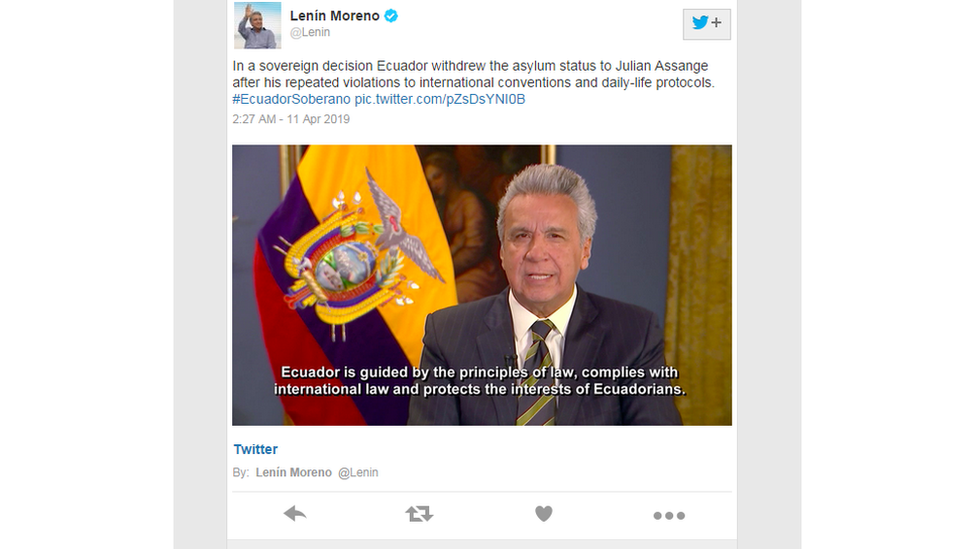
How did people react to his arrest?
There was a mixed reaction to his arrest.
Prime Minister Theresa May welcomed it saying: "This goes to show that in the UK, no one is above the law."
The Labour leader Jeremy Corbyn said Mr Assange shouldn't be sent to the US to go on trial because he argued that he helped expose wrongdoing during conflicts in Afghanistan and Iraq.
The United Nations has called for his right to a fair trial to be respected during any process.
What's the latest?
Mr Assange will now spend 50 days in a UK jail.
Judge Deborah Taylor said: "By hiding in the embassy, you deliberately put yourself out of reach, while remaining in the UK."
In a letter read to Southwark Crown Court, Mr Assange said he had found himself "struggling with difficult circumstances". He also said sorry to those who think that he "disrespected them".
"I did what I thought at the time was the best or perhaps the only thing that I could have done," he said.
Swedish authorities did say they were considering reopening investigations in Sweden into Mr Assange's alleged crimes. Over 70 UK MPs and peers have signed a letter asking the government to make sure Mr Assange faces authorities in Sweden if they ask for him to be sent there.
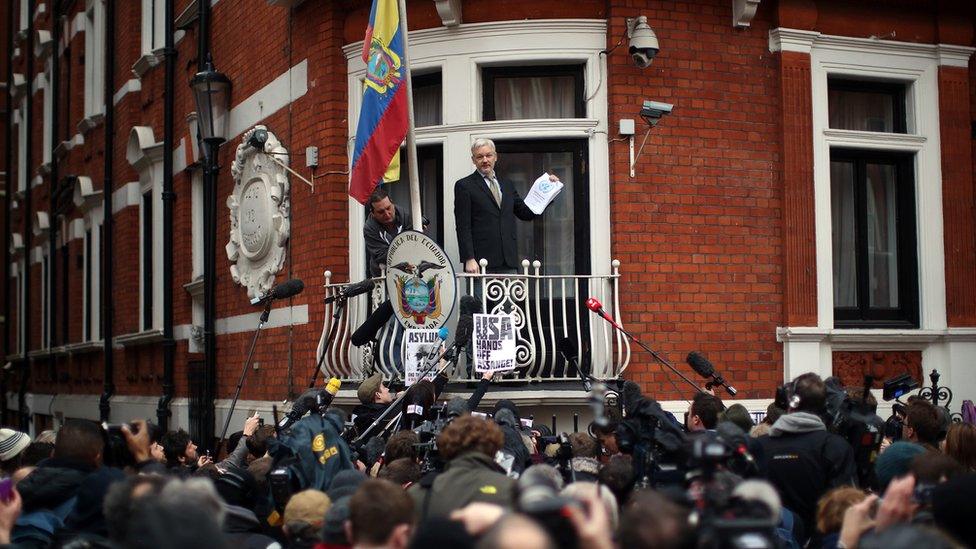
Julian Assange didn't leave the Ecuadorian embassy in almost seven years - here, he is speaking to the media from its balcony.
- Published11 April 2019
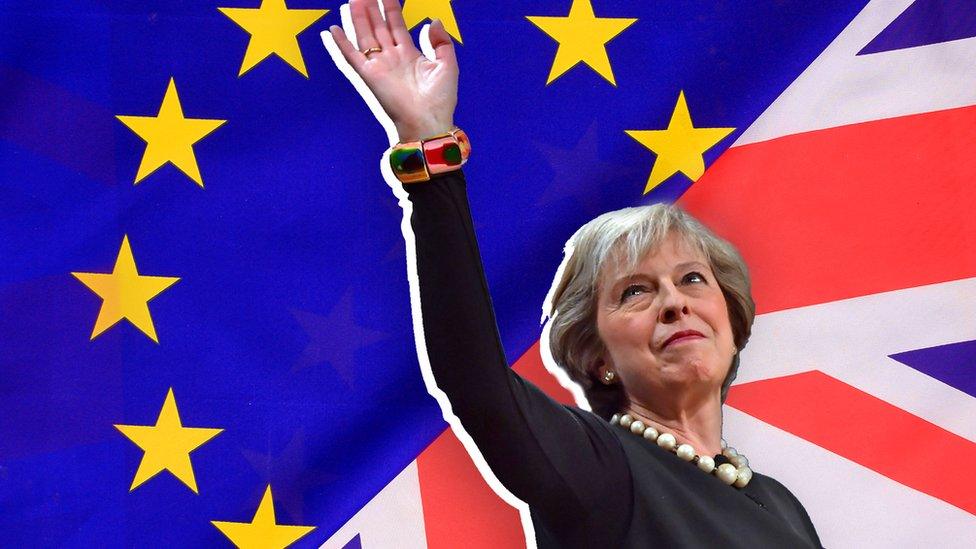
- Published23 August 2018

